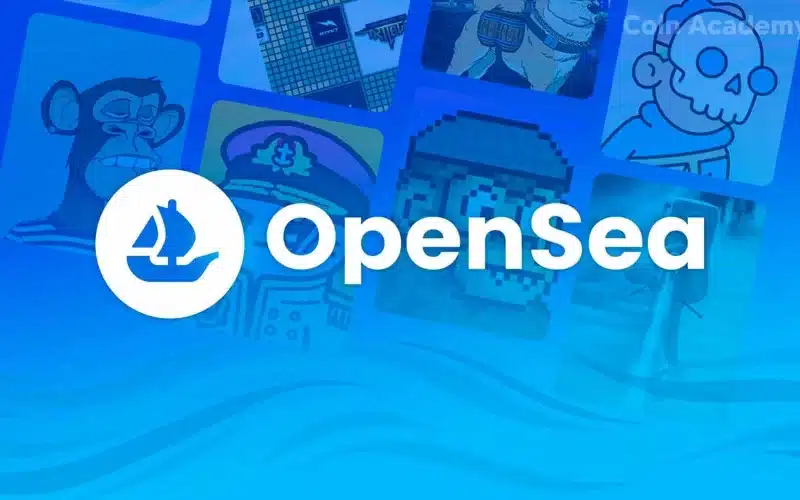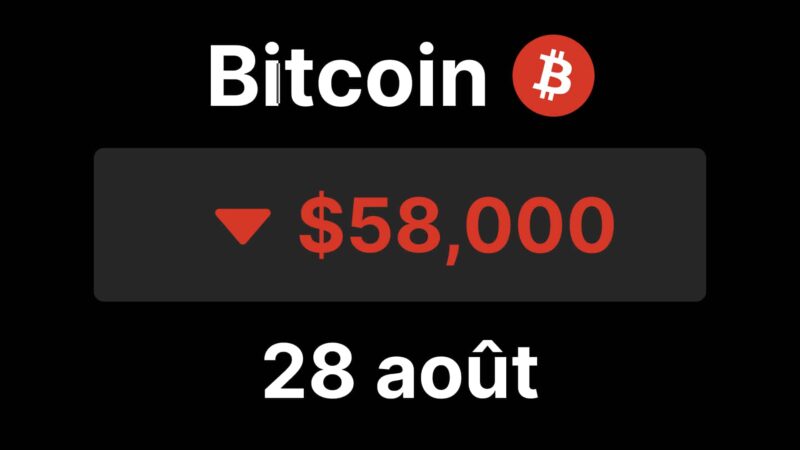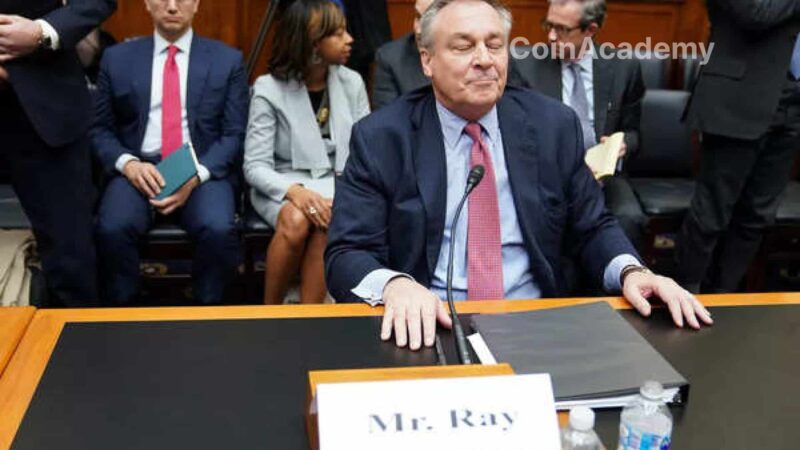Whether it’s cryptocurrency exchange platforms or NFTs, centralized platforms are becoming more and more talked about.
Today, several complaints reported on Twitter that their OpenSea account had been deactivated, without them receiving any notice. OpenSea is an American company based in New York. The accounts that were targeted by this measure are those whose IP address was located in Iran.
Many testimonies have been posted on the social network from individuals but also from artists and collectors. Screenshots showing deleted collections and histories have been posted.
This decision comes in the context of a reflection on international sanctions, sanctions that the United States seeks to apply – if necessary – to the best known platforms operating in new technologies.
In addition, the U.S. has imposed sanctions on the Iranian government, including a ban on any U.S. company providing goods or services to any user located in Iran. A list has been drawn up for this purpose, listing the names of the people and places subject to the ban.
In reality, OpenSea just complies with this list by disabling the accounts linked to it.
This decision is fully supported by OpenSea. A representative of the platform told CoinDesk:
“If we find that individuals are in violation of our sanctions policy, we take swift action to ban the associated accounts.”
Even more recently, OpenSea said on its official Twitter account:
“We are sincerely sorry for the artists and creators who are affected, but OpenSea is subject to strict policies regarding sanctions law. We are a U.S.-based company and comply with U.S. sanctions law, which means we are required to prevent those on U.S. sanctions lists from using OpenSea.”
We’re truly sorry to the artists & creators that are impacted, but OpenSea is subject to strict policies around sanctions law. We’re a US-based company and comply with US sanctions law, meaning we’re required to block people in places on the US sanctions lists from using OpenSea
— OpenSea (@opensea) March 3, 2022
Pressure is increasing, whether it is on Binance or Kraken and today OpenSea, centralized platforms are clearly in the sights of state institutions.
Moreover, the phenomenon does not only concern OpenSea and Iran, since Metamask and other territories such as Syria and Cuba are also targeted by these restrictions.
Nevertheless, we are witnessing actors that are gradually resembling traditional actors. The more centralized they are, the more they tend to become like those they criticize.
Sources :
- OpenSea’s official twitter account https://twitter.com/opensea




